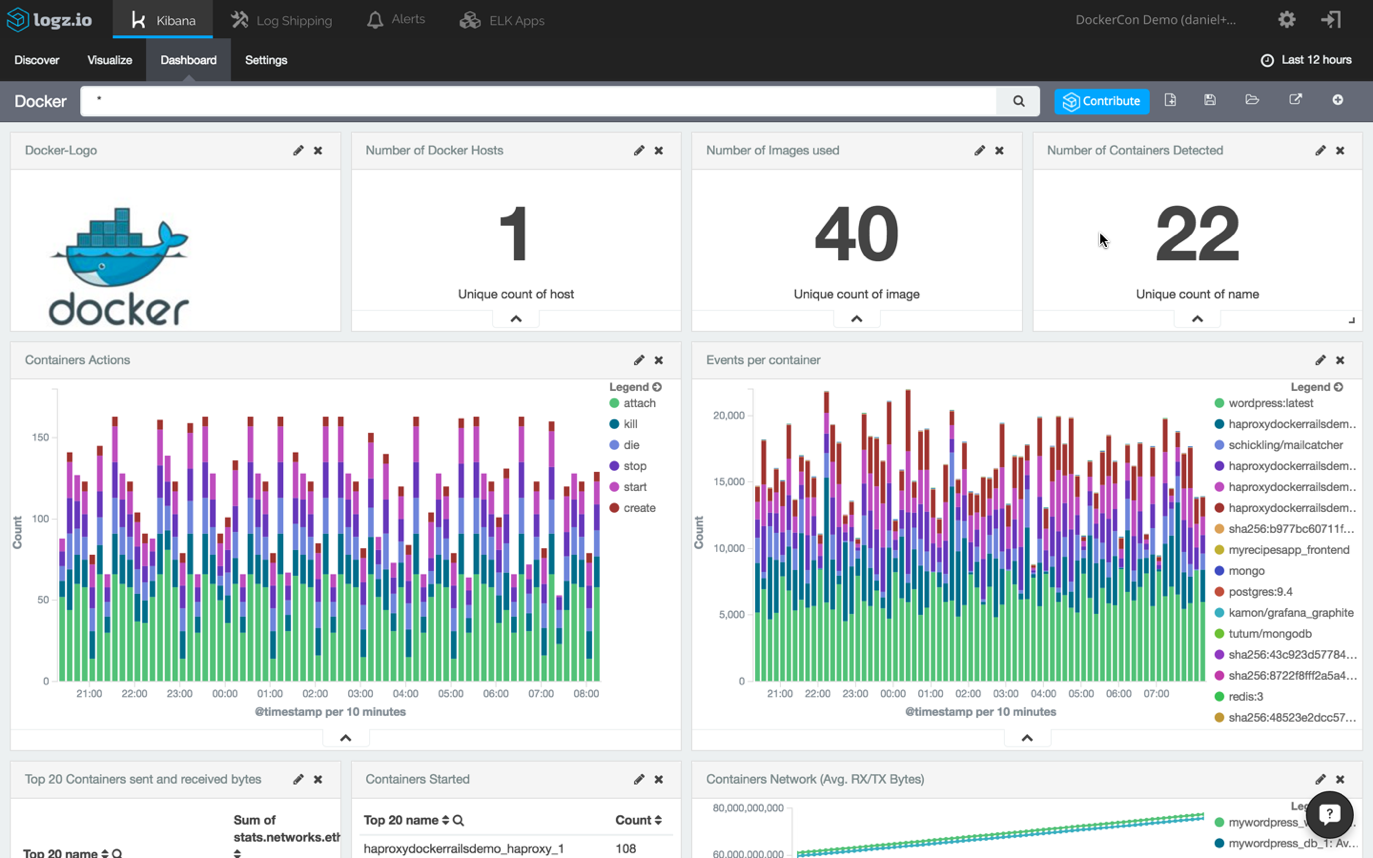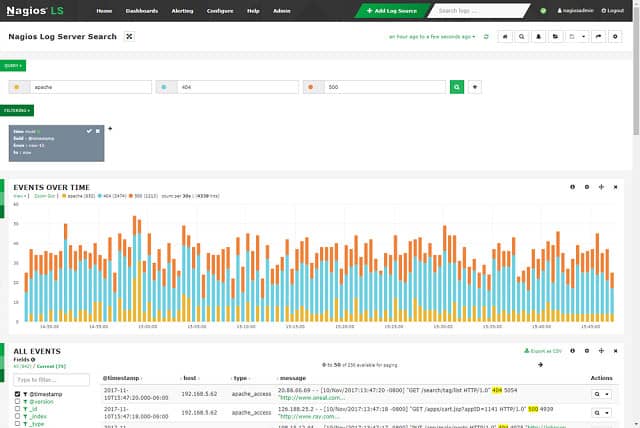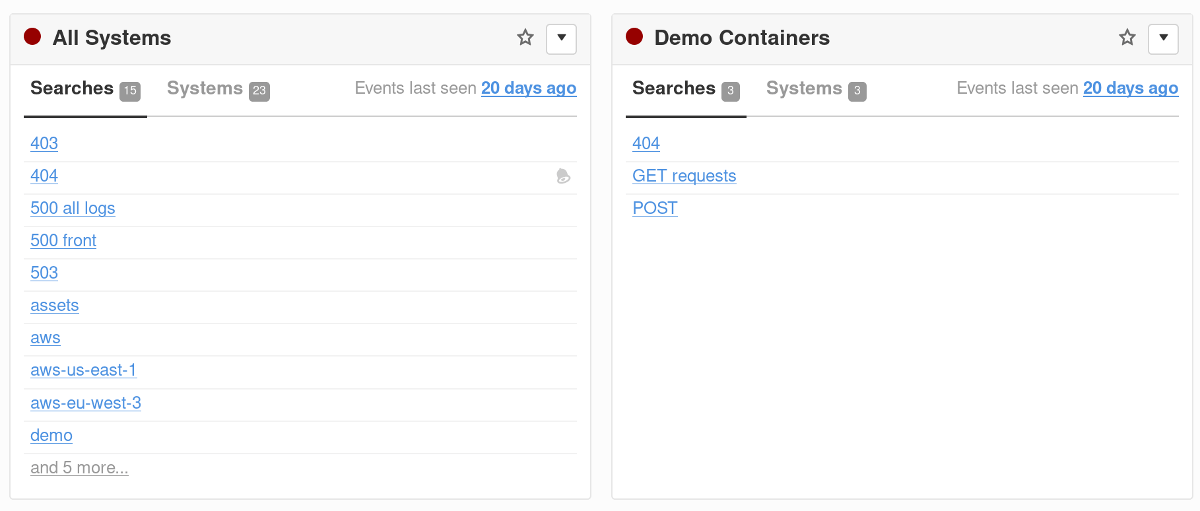
Simply replace TOKEN with your log token found here:įinally I started Rsyslog, and created some test events using the “logger” command. I next opened the nf file and added my Logentries log token of a new “token based” log that I created in my Logentries UI: $ sudo docker run -i -t le/example /bin/bash``` Then ran the following commands, which builds the Docker image, launches the container and attaches to the container instance: To test this out I cloned Chris’ git repo,


The syslog tag should also be provided by the argument -log-opt syslog-tagNAME.

This is done by passing the argument -log-driversyslog to the docker run command. Whether its user activity, performance metrics, network traffic or any other log data, syslog-ng can collect and centralize log data. When Docker containers are launched, they need to enable logging via the syslog driver. You can run this via the docker daemon and it will captures all the stdout/ stderr from the process you’re running: Logging in Docker using syslog-ng Logging in Docker using syslog-ng syslog-ng is a log management application that enables you to collect logs from multiple platforms in a central space. I’ve been playing around with Docker this morning (read as I have followed their 15 min tutorial and have installed it on an Ubuntu instance – so I’m not quite the expert yet). I was initially interested in figuring out what log management looks like for any Docker users out there.įrom first look, Docker has a “logs” command that will fetch the logs from a container.


 0 kommentar(er)
0 kommentar(er)
